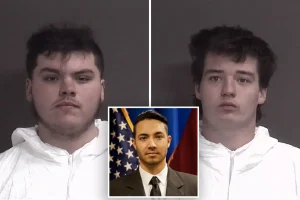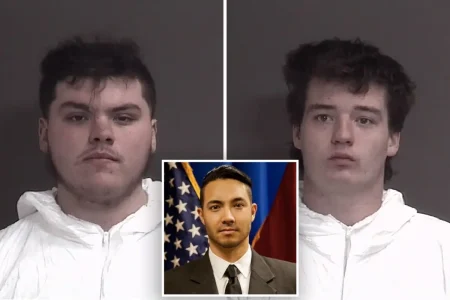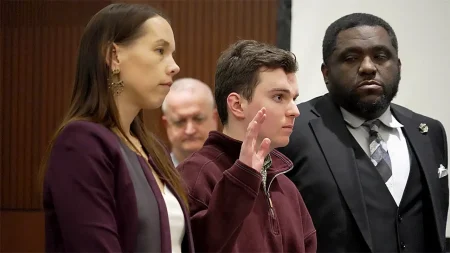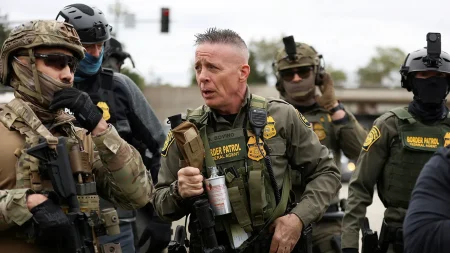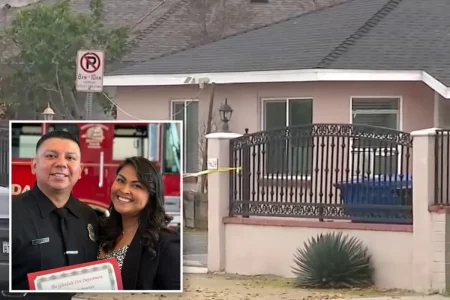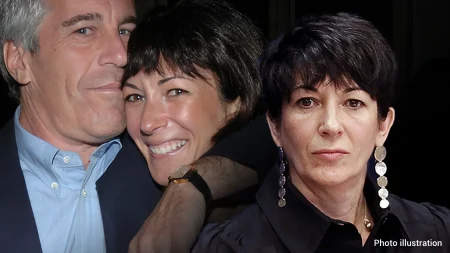Macron Convenes Global Leaders to Design Framework for Lasting Peace with Russia
France Takes Diplomatic Initiative as European Security Concerns Heighten
In a significant diplomatic move with far-reaching implications for European security, French President Emmanuel Macron has convened a high-level international summit aimed at establishing robust mechanisms to safeguard any future peace agreement with Russia. The gathering, which brings together key global leaders and security experts, represents one of the most concerted efforts to date to address the complex challenge of creating sustainable peace in Eastern Europe amid ongoing tensions. As geopolitical uncertainties continue to mount across the continent, this Paris-based diplomatic initiative signals France’s determination to play a central role in shaping the architecture of European security for decades to come.
The timing of Macron’s diplomatic offensive comes at a particularly volatile moment in international relations. With multiple flashpoints testing the resilience of global institutions and the rules-based international order under unprecedented strain, French officials have emphasized that the summit aims to move beyond crisis management toward establishing concrete frameworks for durable peace. “This is not merely about negotiating temporary cessations of hostilities,” noted a senior French diplomatic source speaking on condition of anonymity. “President Macron’s vision extends to creating institutional safeguards and verification mechanisms that would make any peace agreement resilient against future provocations or violations.” The summit’s agenda reportedly encompasses a wide range of potential security arrangements, from conventional arms control measures to novel diplomatic instruments designed specifically to address the unique challenges posed by hybrid warfare tactics that have characterized recent conflicts.
International Response and Strategic Implications
The international response to Macron’s initiative has revealed both alignment and divergence among Western powers regarding the optimal approach to Russia. While most European leaders have expressed support for the French-led effort, subtle differences in emphasis reflect varying national security priorities and historical relationships with Moscow. Eastern European nations, particularly those sharing borders with Russia, have reportedly pushed for more robust enforcement mechanisms and concrete security guarantees, while some Western European countries have advocated for maintaining channels of dialogue alongside deterrence measures. “What we’re witnessing is a delicate balancing act,” explained Dr. Helena Korhonen, director of the European Security Institute. “The challenge lies in developing a framework that is sufficiently stringent to deter aggression while leaving diplomatic doors open for meaningful engagement when political conditions allow.”
Security experts observing the summit have noted that its outcome could significantly reshape the European security landscape. The discussions are expected to explore innovative approaches to conflict prevention that go beyond traditional military deterrence to encompass economic measures, cybersecurity cooperation, and energy security—all areas where Russia maintains considerable leverage over European nations. “The most promising aspect of this initiative is its comprehensive nature,” said Robert Kagan, a senior fellow at the International Peace Foundation. “By addressing the multidimensional aspects of security, from conventional military threats to economic coercion and disinformation campaigns, the leaders are acknowledging the complex nature of modern interstate competition.” The summit is also expected to address the critical role of international organizations, including NATO, the European Union, and the Organization for Security and Cooperation in Europe (OSCE), in implementing and monitoring any future security arrangements.
Historical Context and Future Prospects
The current diplomatic initiative carries echoes of previous attempts to establish lasting security architectures in Europe, from the Congress of Vienna following the Napoleonic Wars to the Helsinki Accords during the Cold War era. However, today’s geopolitical landscape presents unique challenges that demand innovative solutions. The erosion of trust between Russia and Western nations over the past decade—accelerated by conflicts in Georgia, Ukraine, and Syria, as well as allegations of interference in democratic processes—has created a diplomatic environment characterized by deep suspicion and limited communication channels. “What makes this summit particularly significant is that it’s occurring against a backdrop of deteriorated relations that would have been difficult to imagine even fifteen years ago,” observed Professor Eliza Montgomery of Georgetown University’s School of Foreign Service. “The leaders are essentially attempting to rebuild elements of the European security architecture at a time when many of its foundational principles are being actively contested.”
Despite the formidable challenges, proponents of the initiative point to several factors that could contribute to its success. First, the economic interdependence between Russia and European nations, while diminished in recent years, still provides incentives for cooperation. Second, emerging global challenges such as climate change, terrorism, and pandemic preparedness may offer opportunities for collaboration even amid persistent disagreements in other domains. Third, domestic political dynamics within Russia itself might eventually create openings for diplomatic breakthroughs that currently seem unattainable. “History teaches us that moments of opportunity can emerge unexpectedly,” noted Ambassador Carlos Fernández, a veteran diplomat who participated in the negotiations of several major arms control treaties. “The task of statesmanship is to prepare the institutional groundwork so that when such moments arrive, they can be translated into concrete agreements rather than missed chances.”
Conclusion: Redefining European Security for a New Era
As President Macron welcomes world leaders to Paris for this landmark summit, the stakes could hardly be higher for European security and global stability. The deliberations will take place against a complex backdrop of military tensions, economic pressures, and technological disruptions that collectively demand fresh thinking about the nature of peace and security in the 21st century. While skeptics question whether meaningful progress can be achieved in the current geopolitical climate, supporters of the initiative argue that even incremental steps toward establishing predictability and reducing miscalculation would represent significant diplomatic achievements.
The ultimate success of Macron’s ambitious diplomatic gambit will depend on numerous factors, including the willingness of all parties to engage in good faith, the ability to design verification mechanisms that inspire confidence, and the resilience of any agreement in the face of inevitable future challenges. What remains clear is that the outcome of these discussions will have profound implications not only for relations between Russia and Western nations but also for the broader international order at a time of historic transition. As one senior diplomat participating in the preparations observed, “We are not merely discussing tactical arrangements for managing a specific conflict; we are attempting to establish principles that could guide international relations in an increasingly multipolar world.” In this context, the Paris summit represents not just a response to immediate security challenges but a forward-looking effort to define the parameters of peaceful coexistence in a new and uncertain era.


